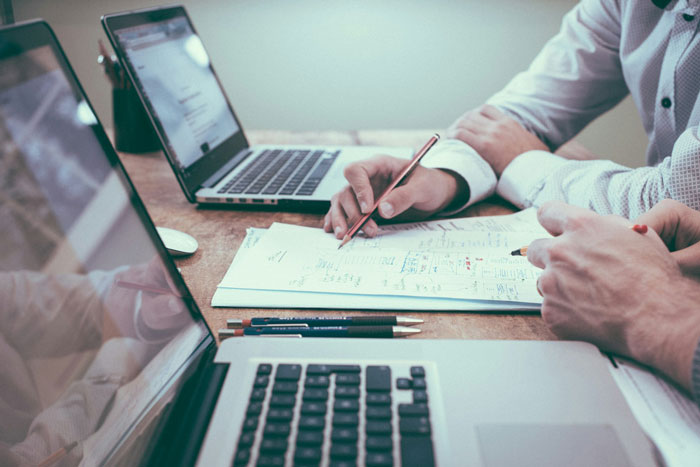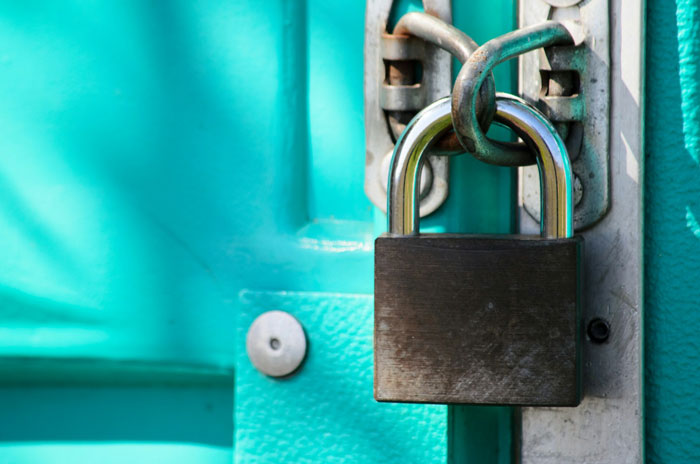

Safety & Security
Mutuals tend to be more fiscally conservative than large commercial banks, and because we don’t have shareholders, we are not pressured to grow at the same rate as other banks. This autonomy allows us to put the financial security of our members over short-term profits. Did you know? Of the banks that have failed since 2007, only 0.03% were mutual banks, according to the leading Mutual Association.

Fraud & Disputes

To report a lost or stolen debit card, fraud, or file a dispute; please contact a Banker during business hours. If you need to file a report after hours, please call our 24/7 Card Call Center at 1-833-337-6075. From time to time you may also receive a call to confirm the validity of transactions that appear to ensure they were authorized. Until these transactions are confirmed to be genuine, your card will be temporarily blocked. If you believe your information has been compromised, up to and including your identity being stolen, please see the ID Theft section of this website.
Identity Theft
What Is Identity Theft?
Identity theft is when someone uses your personal or financial information without your permission. They might steal your name and address, credit card, or bank account numbers, Social Security number, or medical insurance account numbers. And they could use them to
- Buy things with your credit cards
- Get new credit cards in your name
- Open a phone, electricity, or gas account in your name
- Steal your tax refund
- Use your health insurance to get medical care
- Pretend to be you if they are arrested

How To Protect Yourself Against Identity Theft?
Taking steps to protect your personal information can help you avoid identity theft. Here’s what you can do to stay ahead of identity thieves.
- Protect documents that have personal information
When should I shred it? Keep your financial records, Social Security and Medicare cards, and any other documents that have personal information in a safe place. When you decide to get rid of those documents, shred them before you throw them away. If you don’t have a shredder, look for a local shred day, or use a marker to block out account numbers. If you get statements with personal information in the mail, take your mail out of the mailbox as soon as you can. - Ask questions before giving out your Social Security number
Some organizations need your Social Security number to identify you. Those organizations include the IRS, your bank, and your employer. Organizations like these that do need your Social Security number won’t call, email, or text you to ask for it.
Other organizations that might ask you for your Social Security number might not really need it. Those organizations include a medical provider, a company, or your child’s school. Ask these questions before you give them your Social Security number:- Why do you need it?
- How will you protect it?
- Can you use a different identifier?
- Can you use just the last four digits of my Social Security number?
- Protect your information from scammers online and on your phone
- Do not give your personal information to someone who calls, emails, or texts you. It could be a scammer trying to steal your information.
- If you’re logging in to an online account, use a strong password.
- Add multi-factor authentication for accounts that offer it. Multi-factor authentication offers extra security by requiring two or more credentials to log in to your account. The additional credentials you need to log in to your account fall into two categories: something you have — like a passcode you get via text message or an authentication app, or something you are — like a scan of your fingerprint, your retina, or your face. Multi-factor authentication makes it harder for scammers to log in to your accounts if they do get your username and password.
How To Know if Someone Stole Your Identity
In addition to taking steps to protect your information, it pays to know how to tell if someone stole your identity. There are things you can do yourself to detect identity theft. The bank also has credit and identity monitoring services.
Here’s what you can do to spot identity theft:
- Track what bills you owe and when they’re due. If you stop getting a bill, that could be a sign that someone changed your billing address.
- Review your bills. Charges for things you didn’t buy could be a sign of identity theft. So could a new bill you didn’t expect.
- Check your bank account statement. Withdrawals you didn’t make could be a sign of identity theft.
- Get and review your credit reports. Accounts in your name that you don’t recognize could be a sign of identity theft. Here’s how you can get your free credit reports.
If you are interested in using our IT Theft Smart service, please see a Banker for more information.
